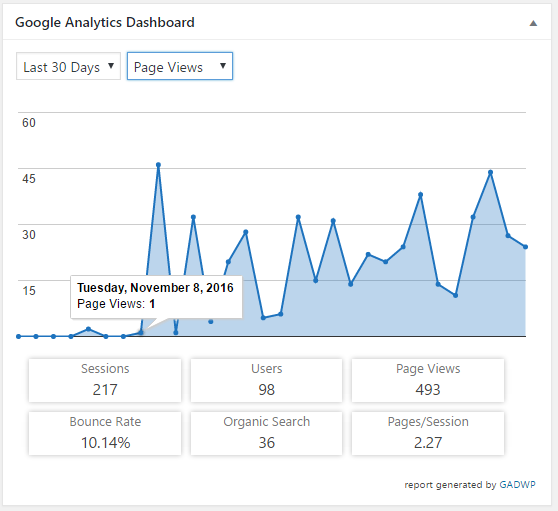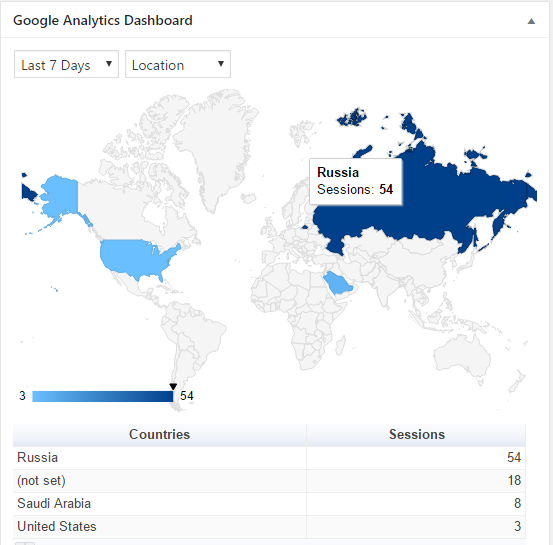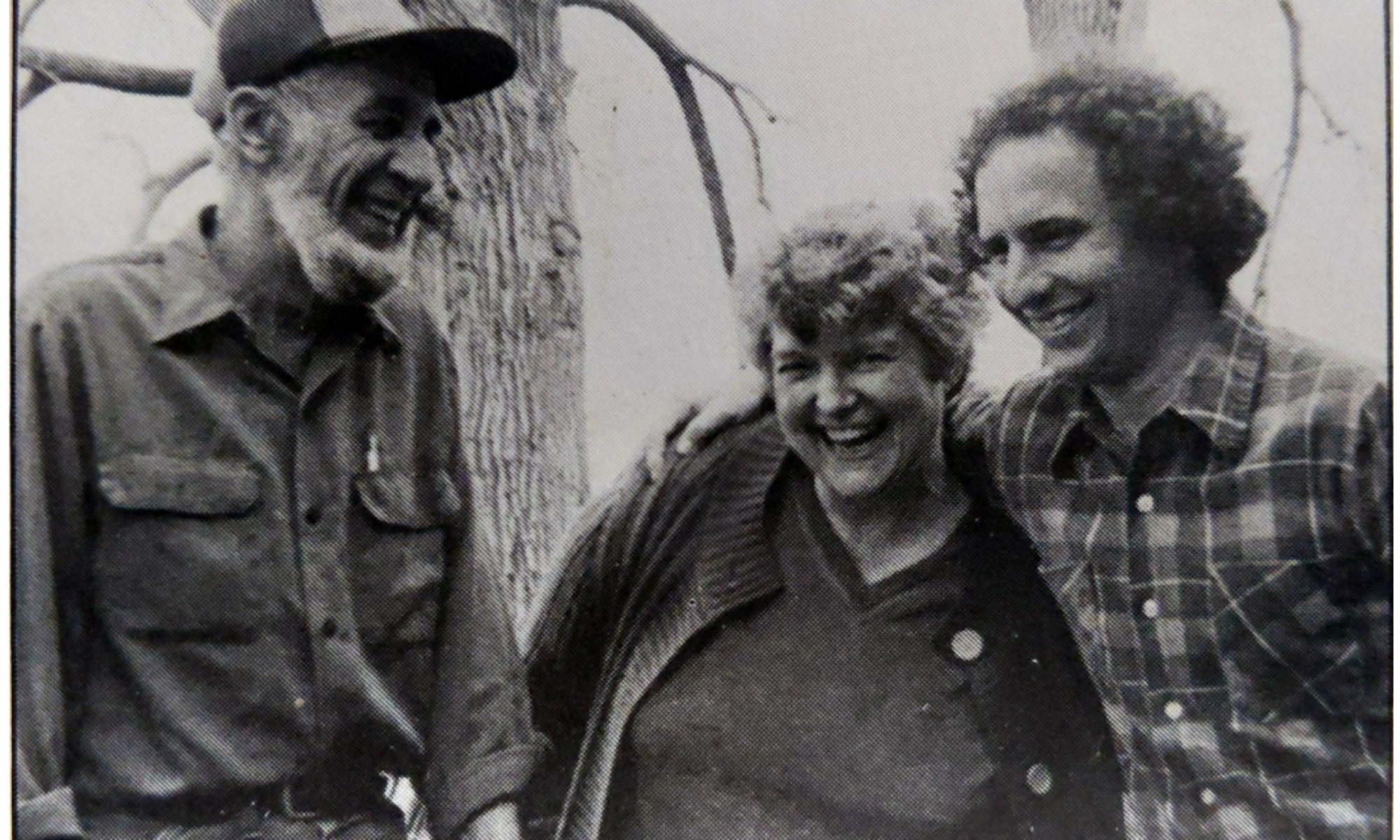Part of our assignment for this week–in addition to continuing to be the diligent and thoughtful students that we’re definitely, totally being on our projects–was to review another student’s website. Without posting the full review here, I was assigned Natalie Russell and Nick Ostermann’s site on the Gens de Couleur. They’re making an intriguing argument about the role free people of color (FPC) played in antebellum New Orleans and in turn demonstrating how they “whitened” themselves in official portraits and correspondence.
My greatest takeaway was the need for identifying and gearing presentation and media used to the audience you are trying to reach. Natalie and Nick had originally identified that they wanted to reach middle- and high-school students, and I think their biography style is a great way to give students something quick but still historically “deep” to read. I’d love to see them play up their primary sources, though, and play down their narrative. Maybe a catalog of the primary sources related to Julien Hudson at the top of the page, before the narrative, would help them do what I struggle with as an instructor–getting my students to actually engage with a primary document. A letter, rather than a portrait, would be even more ideal. While I love playing the “let’s analyze the coloration of American Progress” game as much as the next instructor, there’s something to be said for reading the handwriting and actual words of a wealthy New Orleans FPC.

What this process has challenged me to do is better identify at whom I am targeting my map and the curated newspaper articles in my Omeka. The short answer I had at first was “I don’t know…grad students, probably.” On the whole I think that’s about where my thought process is at, because I don’t think historical electoral politics are getting a ton of people out of bed in the morning. I can better define that, though, and I will have to try and find a way to demonstrate that in my “About” section or my overall argument.
In “Cory doesn’t understand the Internet” news, I figured out Carto yesterday. Seriously, go look at my map. The findings could be wrong, insignificant, or just not that interesting, but I finally was able to make tidy data, upload shape files and datasets, merge them into a map, construct different layers, and display them in a manner approaching efficiency. It was the product of about two weeks of work and about 40 deleted maps and datasets (Carto kept uploading percentages as “strings,” not “numbers,” then deleting them when I’d try to convert them in the dataset), but it felt good to finally have that “Eureka!” moment yesterday.
But this is about what I don’t get about the Internet.
One thing I really enjoyed, going back to the review of Natalie and Nick’s project, was how Natalie embedded her Apple Music in her “About” page. That seems like a fun way to put yourself in the shoes of the scholar you’re reading about. I don’t think people want to listen to a collection of Whitney Houston, “The Planets,” 80s pop rock, the occasional country song, and Big Ten fight songs (shut up), though.
Since this page is a reflection of me both as a scholar and a person, I try to care about what I put on it. Thinking about the “About” section I currently have makes me wonder how well I’m doing that.
In particular, though, the vain, egotistical man that I am is curious as to whether anyone actually uses my site other than me, Dr. Leon, and my mother (hi, Mom! Sorry you just got my Christmas list). To that end I installed Google Analytics the day after I created my site. It was all pretty innocuous, the occasional spike when I’d do my blog post (up to 3 or 4 if I was lucky!), but nothing exciting. Then the election happened.

I saw that and thought, “Wow! People loved my thoughts on the election and what it means for how we study Midwestern politics going forward!” (And some of us do! Stay tuned for a collection of essays Jon Lauck is soliciting on Midwestern politics that’ll be done sometime before the 2020 election!)
Those spikes since, I told myself, were no doubt because I’d done a great job with SEO on my blog posts and really made things interesting for people looking for reviews of Visualizing Emancipation or the role of Digital Humanities in graduate school training.
Nope.
Once I realized I could filter by location, I learned something very, very different: Something or someone based in Russia is hitting my page at very high rates.

Even Saudi Arabia is outdoing my American audience. So Dr. Leon, if suddenly my project goes from African Americans in the election of 1896 to the Great Game or discussions of migration across the Rub’ al Khali, you’ll know why.
Russian and Saudi friends, hi! If you’re hiring a scholar to teach Midwestern political history, I’m your guy. (Yes, I know it’s spam.)
The internet is a weird place.
